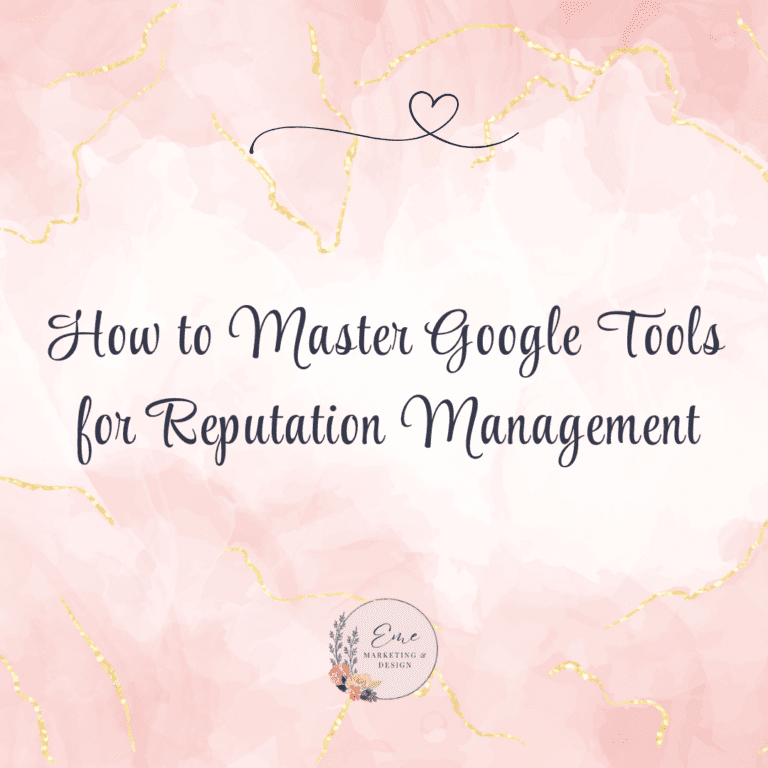
Reputation is a precious asset. The rise and fall of a company can hinge on how well its leader navigates the treacherous waters of a reputation crisis. A reputation crisis can stem from product failures, ethical lapses, public relations missteps, or unforeseen events. However, it’s not just the crisis itself but the response that often determines the long-term impact on a company’s success. In this blog, we will explore several case studies of successful entrepreneurs who faced significant reputation crises and managed to steer their companies through turbulent times. These examples highlight the importance of transparency, swift action, and the ability to turn challenges into opportunities.
Case Study 1: Tylenol and James Burke
In 1982, Johnson & Johnson faced a crisis that threatened to destroy its most valuable brand, Tylenol. Seven people died in the Chicago area after ingesting Tylenol capsules laced with cyanide. This crisis could potentially damage the company’s reputation and market position permanently. The company’s CEO, James Burke, was pivotal in navigating this crisis.
The Response
- Immediate Action: Burke quickly decided to pull 31 million bottles of Tylenol off the shelves despite the enormous cost. This move underscored the company’s commitment to consumer safety over profits.
- Transparency: Burke was open and honest with the public and the media, providing regular updates and sharing what was known about the tampering incident. This transparency helped maintain public trust during a highly uncertain time.
- Safety Measures: Johnson & Johnson introduced tamper-proof packaging, which became an industry standard, and ran a significant advertising campaign to inform the public about the new safety measures.
Outcome
James Burke’s handling of the Tylenol crisis is often cited as a textbook example of effective crisis management. The company’s swift, transparent, and consumer-focused response helped restore public trust, eventually leading to Tylenol regaining its market share. Johnson & Johnson’s reputation for prioritizing customer safety over short-term profits was solidified.
Case Study 2: Tesla and Elon Musk
Elon Musk, the charismatic CEO of Tesla, is no stranger to controversy. In 2018, Musk faced a major reputation crisis following a series of erratic behaviors and public statements, including tweeting about taking Tesla private at $420 per share, which led to an SEC investigation.
The Response
- Apology and Accountability: Musk publicly apologized for his behavior, acknowledging its impact on Tesla’s shareholders and employees. This demonstrated his willingness to take responsibility.
- Leadership Adjustment: To settle the SEC charges, Musk agreed to step down as chairman of Tesla and pay a fine. This move helped address concerns about his leadership while allowing him to continue as CEO.
- Refocusing on Business: Musk shifted his focus back to Tesla’s core business, emphasizing product development and company growth. By delivering on key milestones, he regained investor confidence.
Outcome
Despite the turmoil, Musk’s ability to deliver results helped Tesla weather the storm. The company continued to innovate and expand, significantly increasing its stock price and market valuation. Musk’s willingness to acknowledge mistakes and refocus on Tesla’s mission was crucial in managing the crisis.
Case Study 3: Uber and Dara Khosrowshahi
Uber’s reputation crisis in 2017 was one of the most significant in recent corporate history. Under the leadership of its co-founder, Travis Kalanick, Uber faced numerous scandals, including allegations of a toxic workplace culture, sexual harassment, and regulatory evasion. This culminated in Kalanick’s resignation and the appointment of Dara Khosrowshahi as the new CEO.
The Response
- Cultural Overhaul: Khosrowshahi prioritized changing Uber’s company culture. He implemented new values emphasizing respect, inclusivity, and ethical behavior.
- Policy Changes: Uber introduced new policies and practices to improve transparency and accountability, including an updated code of conduct and enhanced mechanisms for reporting misconduct.
- Stakeholder Engagement: Khosrowshahi engaged with regulators, drivers, and passengers to rebuild trust. He also worked to resolve legal battles and improve Uber’s public image through consistent and transparent communication.
Outcome
Khosrowshahi’s leadership helped Uber navigate its reputation crisis and set the company toward a more sustainable and ethical future. While challenges remain, Uber’s improved culture and stronger governance have restored its reputation and market position.
Case Study 4: Richard Branson and Virgin Group
Richard Branson, the founder of Virgin Group, has faced multiple crises throughout his entrepreneurial journey. One notable crisis occurred in 2014 when a Virgin Galactic test flight tragically crashed, resulting in the death of a pilot and severe injury to another.
The Response
- Empathy and Support: Branson immediately flew to the crash site to support the families of the victims and the investigation team. His empathetic response was widely covered and appreciated.
- Transparency: Branson ensured that Virgin Galactic fully cooperated with regulatory bodies and communicated openly with the public about the investigation’s progress and findings.
- Commitment to Vision: Despite the tragedy, Branson reaffirmed his commitment to making commercial space travel a reality, ensuring that safety would remain a top priority.
Outcome
Branson’s handling of the Virgin Galactic crisis demonstrated his leadership qualities of empathy, transparency, and resilience. The company has since continued its efforts in commercial space travel, with safety improvements and a renewed focus on its long-term vision.
Case Study 5: Facebook and Mark Zuckerberg
Facebook, under Mark Zuckerberg’s leadership, faced a monumental reputation crisis in 2018 with the Cambridge Analytica scandal. The scandal involved using personal data from millions of Facebook users, which was used for political advertising without their consent.
The Response
- Public Apology: Zuckerberg issued public apologies in writing and during congressional hearings, acknowledging the company’s failures in protecting user data.
- Policy Reforms: Facebook implemented numerous changes to its privacy policies and data protection practices. This included more stringent data access protocols and greater transparency regarding data usage.
- User Empowerment: The company introduced new tools to give users more control over their data and increased efforts to educate users about privacy settings.
Outcome
While the Cambridge Analytica scandal significantly damaged Facebook’s reputation, Zuckerberg’s efforts to address the issues head-on and implement substantial changes helped to mitigate some of the fallout. Facebook continues to face scrutiny, but the crisis management steps taken have been critical in rebuilding trust.
Lessons Learned
These case studies offer valuable lessons for entrepreneurs and business leaders facing reputation crises:
- Swift Action: Immediate and decisive action is crucial in a crisis. Delaying or downplaying issues can exacerbate the damage.
- Transparency: Open and honest communication helps maintain trust with stakeholders. Concealing information or being evasive often results in greater scrutiny and trust loss.
- Accountability: Taking responsibility for mistakes and showing a willingness to make amends can mitigate the negative impact of a crisis.
- Empathy: Demonstrating genuine care and concern for those affected by the crisis helps humanize the response and foster goodwill.
- Long-term Focus: While addressing immediate concerns is essential, focusing on long-term goals and vision can help navigate the crisis and emerge stronger.
Final Thoughts
Reputation crises are inevitable in the fast-paced world of entrepreneurship. However, the way leaders respond can make all the difference. By studying the examples of successful entrepreneurs who managed such crises effectively, we can glean insights into best practices that can help safeguard and even enhance a company’s reputation in challenging times.
Need help with reputation management?
We have two decades of experience to guide you.




